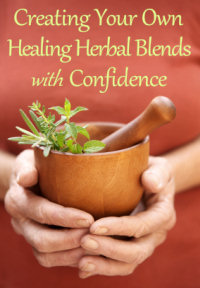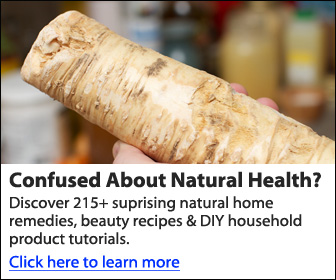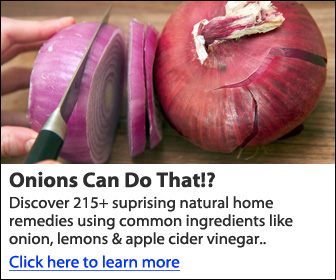Mustard plants have been used for thousands of years for their pungent flavour in condiments, spicy greens for side dishes and salads, and in traditional folk medicine and Chinese herbal medicine to treat a variety of ailments. The name mustard comes from the Latin mustum ardens, or “burning must.” It was so named because as the seeds were pounded with unfermented grape juice, or must, their pungent qualities developed, hence “burning.” Mustards seeds are mentioned in ancient Sanskrit writings dating back about 5,000 years ago and the Bible calls mustard “the greatest among the herbs.” Valued for their intense flavours and healing properties, mustard seed and the plant itself have been grown for its beautiful yellow flowers and spicy seedling leaves. Members of the Brassicaceae family, mustard is a cruciferous vegetable related to cabbage, Brussel sprouts, kale, kohlrabi, Chinese cabbage, cauliflower, rutabagas, turnips, radishes, horseradish, cress, and broccoli with the attendant phytochemicals properties.
Mustard is categorised as a food, medicine, spice, and condiment. White mustard (Sinapis alba) also known as yellow mustard is a native of North Africa, central Asia, and the Mediterranean. This is the mustard that is used extensively in the production of American prepared mustards, as it is the least pungent. Brown mustard (Brassica juncea) is native to Asia and is the seed used to prepare specialty mustards such as Dijon.
Mustard seeds contain many healing properties and have been used for centuries by Chinese herbalists to treat abscesses, bronchitis, colds, rheumatism, toothache, ulcers, and stomach disorders. They are an excellent source of monounsaturated fats, phosphorous, and a good source of iron, calcium, zinc, magnesium, and manganese. Mustard seeds have been shown to help reduce the severity of asthma, decrease some of the symptoms of rheumatoid arthritis, and help prevent cancer. Mustard plasters are still being used today to treat rheumatism, arthritis, chest congestion, aching back, and sore muscles. To make a mustard plaster, mix equal parts powered mustard and wheat flour, dilute the mixture with sufficient cold water to achieve a soft paste. Spread on a clean cloth such as cotton flannel, linen, or several layers of muslin. Remember that mustard is a hot herb and contact with the skin may cause blistering and should be avoided. Leave on for approximately 15 minutes. If the patient complains at any time during treatment, remove the plaster immediately. After the plaster is removed, bathe the treated area with cool (not cold) water to stop the burn. Dry the area and finish up with a dusting of baby powder or cornstarch to soothe the skin.
Mustard greens are the leaves of the mustard plant Brassica juncea. Mustard greens originated in the Himalayan region of India and have been grown and consumed for more than 5,000 years. All young mustard leaves can be used for mustard greens, however Chinese mustards or mustard greens (Brassica juncea var. rugosa), broad-leaved mustard greens, or (Brassica juncea var. foliosa), thin-leaved mustard greens, are the best mustards for greens. These varieties are also known as gai choy, Indian mustard, leaf mustard, mustard cabbage, Bamboo mustard cabbage, and Sow cabbage. Mustard greens are a staple vegetable in many cultures around the world. They are used much as spinach, dandelion, or beet greens are used (see recipe for Sautéed Mustard Greens).
Mustard greens are an excellent source of vitamin E, vitamin C, and beta-carotene. They also contain vitamin B6, folic acid, magnesium, calcium, iron, niacin, vitamin A, and are an excellent source of phytochemicals thought to prevent cancer. In Chinese herbal medicine, mustard greens are used to treat bladder inflammations and to stop hemorrhage. Eating mustard greens is thought to offer great benefit to individuals suffering from conditions ranging from asthma to heart disease to menopausal symptoms.





















Leave a Reply
Your email address will not be published. Required fields are marked (required)